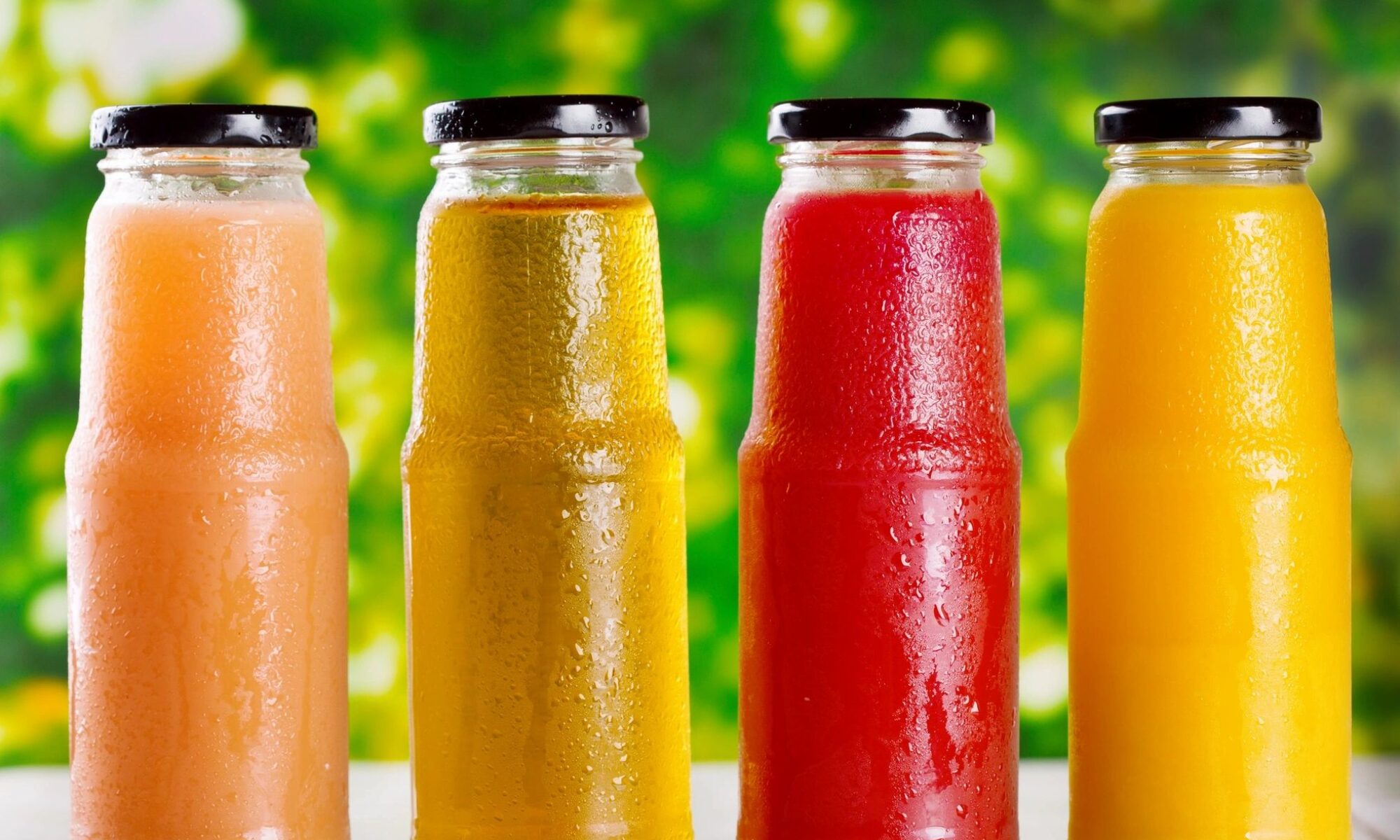
Marketing can be a difficult thing to plan for if you don’t have the necessary experience. Still, there are things that only you as the business owner can determine before a marketing plan can even be made.
The beverage industry, in particular, has a couple of specifics you’ll need to plan for. A marketing plan is not a “one size fits all” solution to all possible business problems, but it’s still an important factor of successful marketing. If you want to grow your business, marketing will be your most powerful tool.
However, many businesses tend to overlook this fact, regarding comprehensive marketing plans as something they’d like to have one day when they have more funds to invest in it. What they’re unaware of is that a marketing plan doesn’t have to be expensive, and it can help immensely with boosting your profits and directing your future efforts.
So, if you’re starting a marketing plan for your beverage business, or considering whether you should do it, here are seven questions that you need to cover:
1. Where Do You Start?
So many beverage businesses begin with an idea for a product, and that’s great — but to come up with a marketing plan, you need to start with the basics. In most cases, that’s in-depth background research of the market itself. Who is buying your products now, and why? Or, if you haven’t offered a product yet, in which market do you want to provide your product?
The critical thing at the beginning is to take the time to understand the market where you are going to operate. Get to know it inside and out. Use market reports and statistics to figure out where it would be best to position your business.
2. Who Are the Stakeholders that Influence the Market?
In the beverage industry, there’s more to consider than just your target consumers and competitors (although they are a factor, too). Your market research will naturally lead you here. First, create your target consumer profile and research your main competitors. Studying their strategies will help you realize which essential things you need to focus on for your marketing strategy.
Then, there are the distributors and potential partners. Getting to know the distributors is vital, as you’ll need to be aware of all the pros and cons of different options before you can choose which one you’ll be going with. It is assuming that you won’t be using your own distribution channels. Be on the lookout for potential partnerships as well. Joining efforts with a suitable partner can give you the necessary boost, especially when it comes to marketing.
3. What Product Are You Offering?
It is where the product comes into play. Make sure that you develop your idea in the direction that leaves your target consumers with tangible benefits. Use all the research you’ve gathered before this point to create the product that has the most potential. If there is anything that you’ve determined you can do better than your competitors, include that in a product creation process. Keep in mind that the product should also be attractive for the distributors, so come up with ways to communicate its best attributes. These will be the building blocks of your beverage brand.
4. What’s In It for the Consumers and Distributors?
Not only should your product be attractive, but it needs to solve a pain point in the target consumer. It is crucial because that’s where your competitive advantage will come from. Write down everything that makes your product different from all the others in the market, and see how it holds up to this standard. Don’t settle for a product that your consumers will consider a nice-to-have instead of essential. If you’re having trouble coming up with a product that could do that, focus on the pain points of your target customers and ways they can be solved.
The same goes for negotiating with distributors. If you know what the value of your product is, you’ll see what you can offer to the distributor to ensure they sell your product over those of your competition.
5. What Is Your Intent?
Using all the information that you’ve gathered by answering the previous four questions, come up with your mission statement. Reference the consumers you’ll be selling to, define the product you’ll be offering, and state how it’s going to be different from every other product on the market.
6. What Are Your Strategic Goals and How Will You Achieve Them?
Plan your strategic goals both for the short-term and the long-term. Better yet, take your long-term strategic goals and break them down into smaller ones that will be easier to both track and achieve.
Determine your marketing activities direction and a couple of focus areas to start with. For example, email marketing, social media marketing, trade shows, public relations or partnerships could all be okay, inexpensive places to start. Your marketing plan needs to focus on supporting one specific business strategy. Rather than trying to be all things for all people, focus your marketing strategy on maintaining a more narrow position that’s easier to sustain.
7. What Is Your Marketing Budget?
The plan and strategy you go for will ultimately depend on your available budget. Make sure you research the cost of different marketing strategies so that you do not overshoot and plan for something you can’t pull off. Study the benefits and flaws of each one, so you’d be able to understand why you’re choosing one over the other. Perhaps something you thought would fit well with your marketing goals will turn out not to be the best possible solution. Your ultimate goal is to come up with a plan and strategy that will strengthen your brand’s positioning within the available budget limitations.
Many businesses that fail within the first couple of years of operation suffer that fate because of a lack of planning and market research. However, with the right plan, you won’t fall into the trap of wasting your resources while trying to wing it. To avoid that, make sure you do your research on the industry and ask the right questions. The more questions you ask and answer, the better your chances of creating a marketing plan that can carry your beverage business for many years to come.
